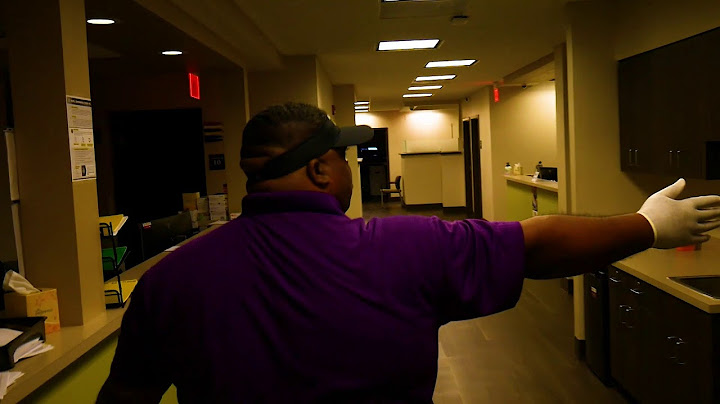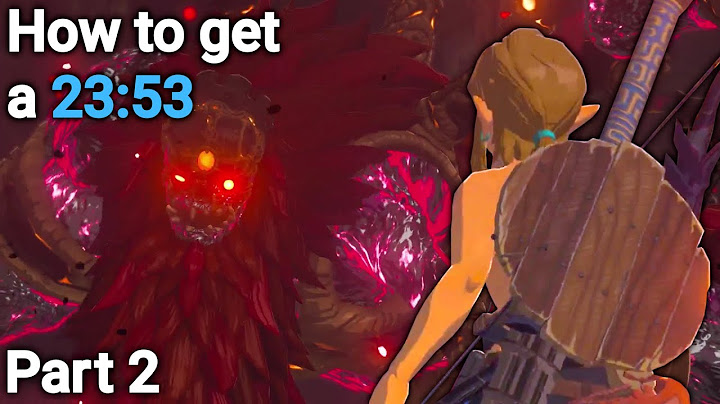 Show
Common Chimney Issues Covered by Insurance The top two issues that homeowners make successful insurance claims on with regard to chimney damage are in the event that:
What these two events have in common is that they are both sudden and unexpected. Categorizing Chimney Damage Major weather incidents can result in chimney damage that is potentially covered by homeowners’ insurance. For instance, if a tree falls on your home and damages the chimney, repair will be covered. Wind damage that affects the chimney is often not covered; it depends upon your policy. What is tricky about chimney damage is that much of the damage that occurs often can’t meet the criteria of being sudden and unexpected. For instance, if a chimney has been in a state of disrepair, with missing mortar and crumbling bricks, replacing it is probably not covered as a result of it eventually collapsing. Damage caused by the tumbling chimney, such as on your patio, may, however, be covered. Reading the fine print and working with your insurance agent can be of great help. Having an agent who is equally concerned with great customer service and saving money where feasible is good – one focused on improving the company image by being flexible regarding claims is even better. Coverage for Chimney Fires Chimney fires can do extensive damage not only to the chimney but also to the home. It is not unusual for the flue to be damaged because of the intense heat of a chimney fire. Flue replacement and all other types of chimney repair are covered in this case. There are occasions when an insurance company will say they are going to deny such a claim because they are unsatisfied with the level of maintenance done prior to the chimney fire. It’s true that neglecting to properly maintain a chimney increases the likelihood that a hazardous chimney fire will occur. The lack of maintenance is rarely, however, a valid excuse for the insurance company to shirk their responsibility to pay for repairs. Claims Secrets: To Pay or Not to Pay Although a homeowners’ insurance policy is all in writing, there is definitely wiggle room on determining what will be covered and what will not, and this includes matters related to chimneys. The following are a few insider tips regarding chimney-related claims that get paid but easily may not have been:
 The best way to avoid chimney damage is to keep up with annual inspections and needed cleaning. Contact our professional chimney technicians for all of your chimney needs. At Elegant Fireside, one of the most common questions we get asked is, “will my homeowner’s insurance cover these chimney repairs?” The short answer is, it depends. There are many different types of homeowner’s insurance policies available out there, and the coverage varies from policy to policy. However, in our experience, we have found that most homeowner’s insurance policies do NOT cover the majority of chimney repairs. To determine if you can claim the damage on your chimney, let’s take a look at what part of our chimney repair services may or may not be covered by your homeowner’s insurance policy.  What is covered?Your homeowner’s insurance policy will usually cover any damage to your chimney that occurs as a result of a sudden, unexpected incident. The two most common cases where chimney repairs are typically covered include:
Also, keep in mind that wind and flood damage — though just as sudden and unexpected as lightning strikes and chimney fires — are not usually covered by homeowners insurance. However, if a tree limb falls on your chimney cap because of heavy finds and causes damage, then that may be covered by your policy. What is not covered?As a homeowner in the Dallas-Fort Worth area, it is your responsibility to keep up with routine chimney inspections (ideally, once every year) to ensure your chimney stays in proper working condition. At least in the eyes of insurance companies, it is. During these scheduled inspections, you can identify minor issues (like flue cracks) and fix them before they get worse and turn into a more expensive problem. If you fail to inspect your chimneys regularly, you may end up with a pretty hefty repair bill that your insurance company will not be willing to cover. So, if your chimney suffers any damage resulting from normal wear and tear or old age (neither of which are sudden and unexpected) because you failed to maintain it correctly, the repairs will typically not be covered by your homeowner’s insurance policy. What are the most common chimney issues?Listed below are some of the most common chimney problems you may have to deal with. If you see any of these problems during the inspection, you need to see that any needed repair is made before the fireplace is used. Creosote buildup: Creosote is an oil that is produced when wood or other solids are set on fire. Over time the creosote can build up on the inside of your chimney. If there is too much buildup, it can ignite and cause a fire in your chimney. Blockage: Another common chimney repair issue is having a blockage in the flue of your chimney. This can be caused by debris from material dislodging in your chimney or even by animal nests. Blockages, even small ones, affect the efficiency of your chimney in getting smoke, gases, and heat out of your home. Cracks or holes in the flue: Some of the gases from a fire are quite corrosive and over time can damage your chimney flue and create the potential for blockages or even allow dangerous gases to seep into your home. Make sure that your flue gets an annual inspection to ensure that it is working correctly. Brickwork problems: Another problem is caused if the flue starts to leak and erode the masonry and brickwork around the exterior and require extensive chimney repair work. Too much of this can cause significant structural damage, which will make your chimney repair much more expensive. Chimney cap and crown: The chimney cap and crown make up the chimney roof that surrounds the flue and keeps water and debris from getting into the chimney. If this is cracked or missing pieces, it can allow water damage to the inside of the chimney and even damage the flue’s ability to channel gases and heat out of the home. This area also keeps animals, debris, and weather out of your flue. By taking care of any needed chimney repair as soon as you see it, the costs for the repairs will be much less than if you let the problem get larger. Make sure that your chimney is inspected regularly, and it will give you years of safe use. What to know before you make your claim?Every homeowner’s insurance policy is different. So, when you think you may have a good case for chimney repairs that can be covered, be sure to gather and keep detailed and careful documentation. This includes photos, precise estimates of any maintenance or repair work, and all receipts for past repairs. Whatever you do, do not lie about your claim as it is insurance fraud and can be prosecuted in court. Even if you are not taken to court, your name will be forever flagged as a person to watch. Got denied? Now what?The first line of defense is to understand what damages your insurance will cover. Insurance policies are not fun to read, but it is not hard to find the information you need. Information is not buried in long paragraphs you cannot make sense out of; there are subheadings, and each point or exception is made separately. So, take a close look at your homeowner’s insurance policy to see what is covered and what is not. Insurance companies also have some elasticity when they are not constrained by the policy’s terms and will be more than happy to pay a legitimate claim. After all, these consumer-oriented companies would not want to get a bad name with the public. If you have the law on your side, there is no reason why your legitimate claim will be denied. Are you looking for professional and reliable chimney repair services in Plano, Texas? Then get in touch with Elegant Fireside today! Give us a call for your chimney inspection, and we will let you know whether it needs to be swept/repaired. If your chimney requires professional sweeping or repairs, our chimney maintenance experts will do the job as per the requirement and your expectations. Send us a mail at or call us at (972) 846-4878 to learn more. What happens if your chimney collapses?If the collapse blocks the chimney top, smoke can create a carbon monoxide hazard and permeate into walls, curtains, furniture and other porous surfaces. Don't try to assess the damage on your own, especially if it's windy outside. Falling masonry can injure or kill a person.
Does homeowners insurance cover structural defects?Standard homeowners insurance policies usually cover structural damage on your property. This includes your foundation, ceiling, flooring, roof and more. Your policy protects these structures under dwelling coverage in the event of unexpected damage.
How do you know if your chimney is damaged?Most Common Signs of Chimney Damage. Efflorescence. Have you ever seen an unusual white stain across the brick of a chimney? ... . Cracked or Deteriorated Mortar Joints. ... . Spalling Bricks. ... . Cracked or Melted Crown. ... . Shaling Flue Tiles. ... . Deteriorated Flashing. ... . Wallpaper & Paint Damage Near Your Chimney.. Can you repair the inside of a chimney?To repair chimney interiors, one of three methods are used. The Joint Repair System is used for chimneys that only require repair of defective mortar joints. The Resurfacing System is used to repair mortar joints and other minor defects in tile lined flues.
|

Related Posts
Advertising
LATEST NEWS
Advertising
Populer
Advertising
About

Copyright © 2024 en.idkuu.com Inc.


















